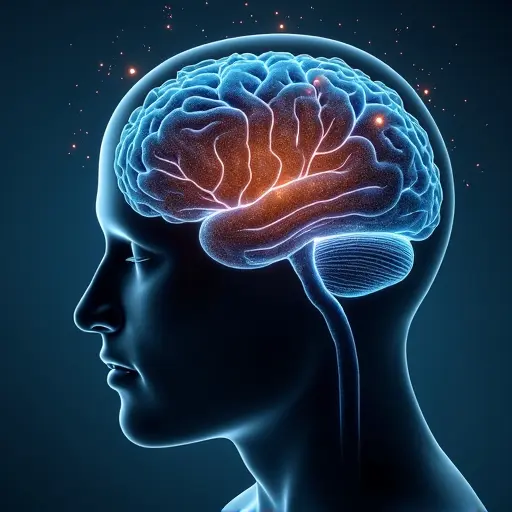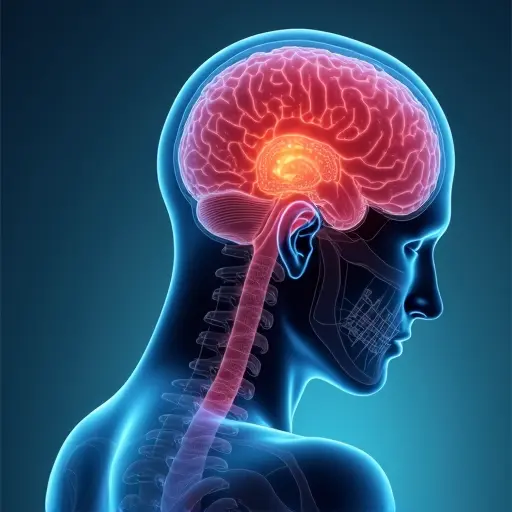
Depression, insomnia, and anxiety disorders are three common mental health conditions that affect many people in society. Interestingly, these conditions often co-occur. Why is that?
Although these are the most prevalent mental health disorders, treatments are often only moderately effective, and symptoms frequently return. Researchers from the Netherlands Institute for Neuroscience and Vrije Universiteit Amsterdam investigated whether a shared brain mechanism might underlie these conditions.
Their study, published in Nature Mental Health, found that reduced cortical surface area, a smaller thalamus volume, and weaker connectivity between brain regions are common across all three disorders. These regions are part of the same neural circuit (amygdala-hippocampus-medial prefrontal cortex), suggesting a shared vulnerability.
Specific abnormalities were also identified for each disorder, such as smaller reward-related brain areas in insomnia and a thinner cortex in language and emotion regions for depression.

 Nederlands
Nederlands
 English
English
 French
French
 Deutsch
Deutsch
 Espaniol
Espaniol
 Portugese
Portugese








